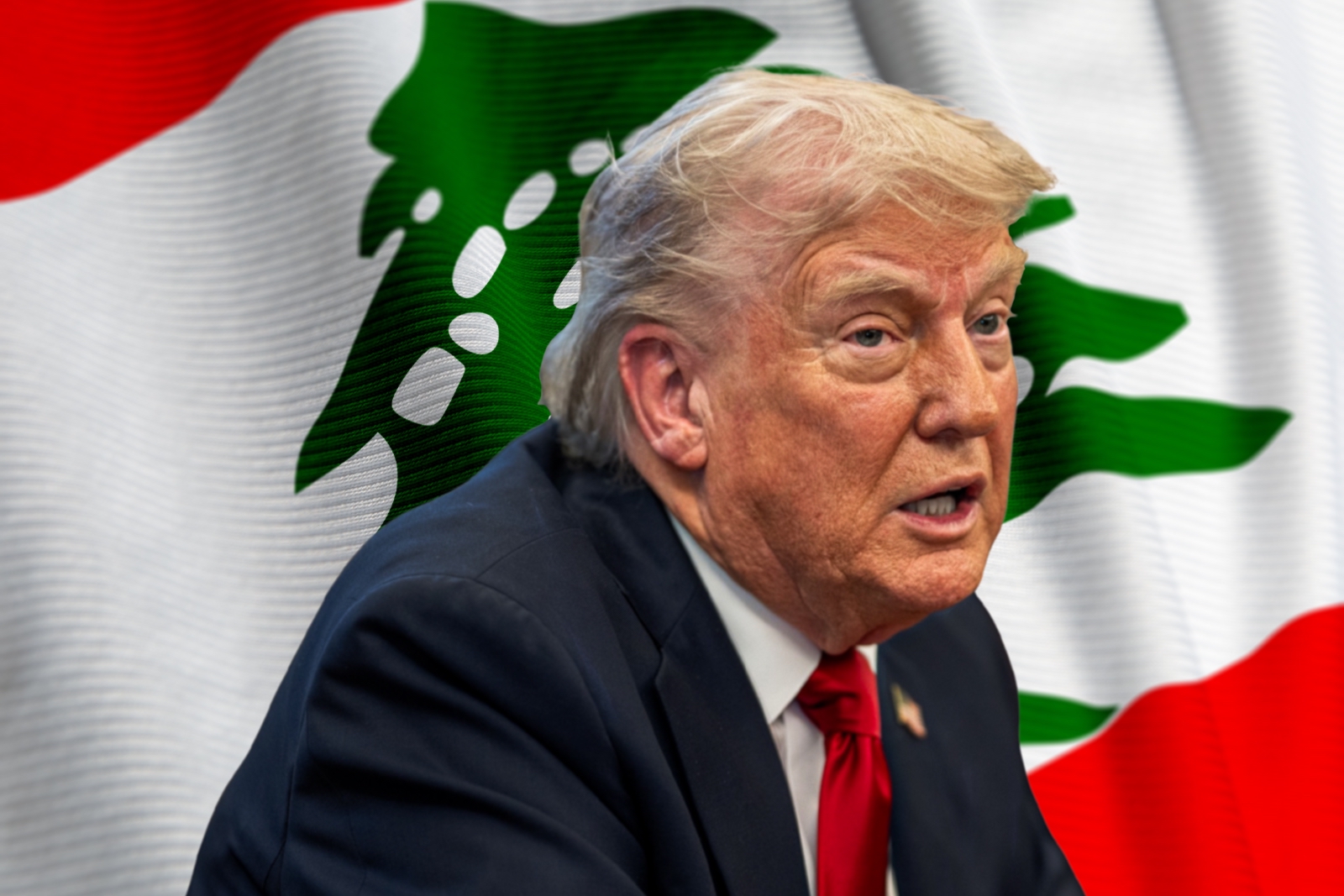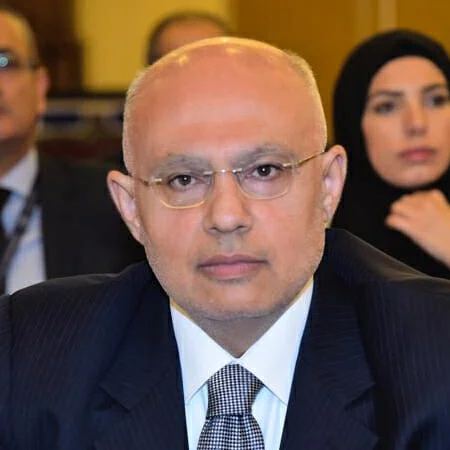
Lebanon Hits a Wall: Forgotten, Used, and Left Behind
In a region defined by upheaval and ambition, President Trump’s recent tour of the Middle East may be remembered less for its proclamations than for its implications. It confirmed what many had already sensed: a new regional architecture is taking shape—brazenly transactional, security-driven, and unapologetically pragmatic. At its core are energy deals, strategic realignments, and normalization agreements. Yet, Lebanon is conspicuously absent from the conversation.
Lebanon wasn’t simply left off the agenda. It seems to have vanished from it altogether.
Once celebrated as a cultural crossroads and financial hub, Lebanon has been relegated to the footnotes of geopolitics. It is too fragile to participate, too stagnant to reform, and too compromised to trust. In this evolving order, it occupies a perilous position: the passive frontline—a nation that no longer shapes events but merely absorbs their fallout.
Trump’s vision for the Middle East reduces nations to their transactional worth: What can you offer? What do you cost? Who will pay?
Lebanon, heartbreakingly, offers no clear answer. It is no longer a commercial gateway, no longer a banking center, and no longer a credible buffer. Its offshore energy reserves lie dormant under contested waters. Its institutions are crumbling. Its leadership is rudderless, its credibility shot. Worst of all, Lebanon lacks a coherent voice—at home or abroad.
In a Middle East increasingly shaped by bilateralism and zero-sum equations, Lebanon’s political paralysis and economic implosion make it not a partner, but a liability.
Used by All, Represented by None
Lebanon is not just forgotten. It is being exploited—quietly, consistently, and with ruthless precision.
Iran tightens its grip through Hezbollah’s parallel state and regional networks. The Gulf states keep their distance, signaling that Lebanon is no longer central to their strategic priorities—especially as ties with Israel deepen, with barely a mention of Beirut. Western powers focus on refugee containment and IMF-led stabilization, sidestepping meaningful structural reform. Even Syria’s creeping normalization threatens to draw Lebanon deeper into the Tehran–Damascus axis while it remains diplomatically adrift.
In this fragmented environment, Lebanon has no seat at the table. Worse—it has become the table on which others move their pieces.
The Cost of Strategic Irrelevance
There was a time when Lebanon mattered—not for its size or strength, but for what it symbolized. It was where East met West, where Arab modernism and liberalism once flirted with coexistence, where reform seemed within reach despite the chaos.
But under the cold logic of transactional diplomacy, that symbolism has expired. What remains is a collapsed economy, a hijacked political system, and a population trapped in survival mode.
The greatest threat is no longer war. It is irrelevance.
When a country becomes strategically irrelevant, it risks two fates: partition into spheres of influence or descent into unchecked collapse. Lebanon now straddles both.
Can Lebanon Still Choose?
Trump’s visit made one truth painfully clear: no one will rescue Lebanon for Lebanon’s sake. Not Washington. Not Paris. Not Riyadh. Not Tehran. Any intervention will hinge on what Lebanon enables—not what it deserves.
That shifts the burden inward. If Lebanon wants to matter again, it must first matter to itself.
It must reclaim its political agency by forging a national strategy rooted in sovereignty, accountability, and reform. It must end the illusion of balancing foreign interests and instead commit—unequivocally—to structural renewal. The country can no longer afford sectarian arithmetic or geopolitical hedging. It must speak with a single, determined voice.
For too long, Lebanon has been everyone’s concern but no one’s priority. The new regional landscape offers a starker lesson: only those who assert control over their own narrative will be written into the future.
A Parting Word
In the age of transactional peace, silence is not neutrality—it is exclusion. And absence is not a strategy—it is abandonment.
Lebanon cannot afford to drift, waiting for outside salvation or nostalgic goodwill. It must either assert itself—reformed, united, and purposeful—or be permanently sidelined from a region it once helped shape.
Because in this new Middle East, nothing is given. Not even a place in the story.
